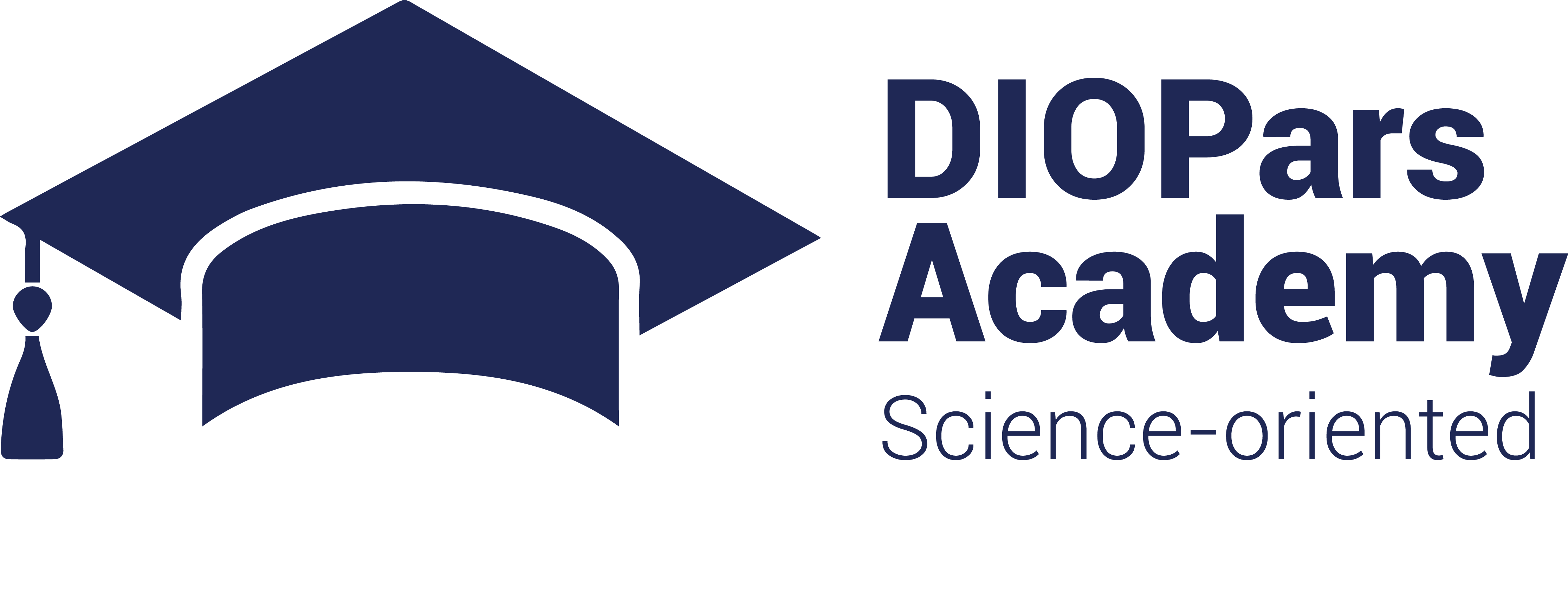- Emerging Signals: Current Affairs and Vital Updates You Need to Know.
- Global Economic Shifts and Their Impact
- The Rise of Artificial Intelligence and its Societal Implications
- Geopolitical Tensions and International Relations
- The Increasing Importance of Cybersecurity
- The Impact of Climate Change on Global Security
- Advancements in Healthcare and Biotechnology
- The Future of Work and the Changing Skills Landscape
Emerging Signals: Current Affairs and Vital Updates You Need to Know.
In today’s fast-paced world, staying informed about current affairs is more critical than ever. The constant stream of information, often referred to as ‘news’, shapes our understanding of events, influences our decisions, and connects us to global happenings. Access to reliable and comprehensive reporting allows individuals to remain engaged citizens, participate meaningfully in public discourse, and navigate an increasingly complex landscape. This article aims to provide a detailed overview of significant developments, offering insights into the events that are shaping our reality.
The proliferation of digital media has dramatically altered the way we consume information. While offering unprecedented speed and convenience, it also presents challenges, including the spread of misinformation and the fragmentation of audiences. Therefore, a discerning approach to information consumption is essential, prioritizing credible sources and critical thinking skills. Understanding the context and implications of current events is paramount to forming informed opinions and engaging effectively with the world around us.
Global Economic Shifts and Their Impact
The global economy is undergoing a period of significant transformation, characterized by shifting trade patterns, technological disruption and geopolitical tensions. Inflation remains a key concern in many nations, prompting central banks to implement monetary policies aimed at stabilizing prices. However, these measures often come with the risk of slowing economic growth and potentially triggering recessions. Supply chain disruptions, initially caused by the pandemic, continue to affect various industries, leading to shortages and increased costs. The situation necessitates adaptability and innovative problem-solving from both businesses and governments.
Emerging markets, while offering substantial growth potential, are also vulnerable to economic headwinds. Fluctuations in commodity prices, currency devaluation and political instability can create considerable challenges for these nations. Careful economic planning and diversification strategies are essential for mitigating risks and promoting sustainable development. International cooperation and investment play a critical role in supporting emerging economies and fostering global economic stability.
| United States | 2.1% | 4.1% |
| China | 5.2% | 0.2% |
| Germany | -0.3% | 6.9% |
| Japan | 1.9% | 3.2% |
The Rise of Artificial Intelligence and its Societal Implications
Artificial intelligence (AI) is rapidly evolving, permeating various aspects of daily life, from healthcare and finance to transportation and entertainment. While offering immense potential for efficiency gains and innovation, the advancement of AI also raises significant ethical and societal concerns. The automation of jobs, algorithmic bias, and the potential for misuse of AI technologies are among the key challenges that need to be addressed. Careful consideration of these implications is essential for ensuring responsible AI development and deployment.
The debate surrounding AI regulation is gaining momentum, with governments around the world exploring different approaches to governance. Striking a balance between fostering innovation and mitigating risks is a complex task. International collaboration is crucial for establishing common standards and preventing a fragmented regulatory landscape. Education and workforce development are also paramount to prepare individuals for the changing job market and ensure that the benefits of AI are broadly shared.
- The increasing sophistication of AI algorithms
- Need for transparency in AI decision-making
- Ethical considerations surrounding AI-powered surveillance
- The potential impact of AI on employment
- The importance of investing in AI education and training
Geopolitical Tensions and International Relations
Geopolitical tensions remain a prominent feature of the international landscape. Conflicts in various regions continue to cause immense human suffering and disrupt global stability. The ongoing war in Ukraine has had far-reaching consequences, affecting energy markets, food security, and the balance of power in Europe. Diplomatic efforts to resolve the conflict have faced significant challenges, highlighting the complexity of the situation. The need for a peaceful resolution and a commitment to international law is more urgent than ever.
The rise of new power centers and the shifting dynamics of international alliances are reshaping the global order. Competition for influence and resources is intensifying, leading to increased geopolitical competition. Strengthening multilateral institutions and promoting dialogue are essential for managing these tensions and preventing escalation. Addressing global challenges, such as climate change and pandemic preparedness, requires international cooperation and a shared commitment to collective security.
The Increasing Importance of Cybersecurity
In an increasingly interconnected world, cybersecurity has become a paramount concern for individuals, businesses, and governments alike. The growing sophistication of cyberattacks, including ransomware, phishing, and state-sponsored hacking, poses a significant threat to critical infrastructure, sensitive data, and economic stability. Protecting digital assets requires a multi-layered approach, encompassing robust security measures, employee training, and incident response plans. Proactive cybersecurity practices are essential for mitigating risks and ensuring the resilience of digital systems.
International cooperation is crucial for combating cybercrime and deterring malicious actors. Sharing threat intelligence, coordinating law enforcement efforts, and establishing clear norms of behavior in cyberspace are essential steps in addressing this growing challenge. Investing in cybersecurity research and development is also paramount for staying ahead of evolving threats and developing innovative solutions. The very fabric of modern society depends on a secure and reliable digital infrastructure.
The Impact of Climate Change on Global Security
Climate change is no longer simply an environmental issue; it is increasingly recognized as a significant threat to global security. Extreme weather events, such as droughts, floods, and heatwaves, are becoming more frequent and intense, causing displacement, resource scarcity, and exacerbating existing conflicts. The impacts of climate change disproportionately affect vulnerable populations, potentially leading to mass migration and political instability. Addressing climate change requires urgent and concerted action to reduce greenhouse gas emissions and build resilience to the inevitable impacts.
Transitioning to a sustainable, low-carbon economy is essential for mitigating the long-term effects of climate change. Investing in renewable energy sources, improving energy efficiency, and promoting sustainable land use practices are crucial steps in this direction. International cooperation and financial support are necessary to assist developing countries in adapting to climate change and transitioning to a greener future. The stakes are high, and the time for action is now.
Advancements in Healthcare and Biotechnology
The field of healthcare is undergoing rapid advancements, driven by innovations in biotechnology, medical technology, and pharmaceutical research. Gene therapy, personalized medicine, and the development of new vaccines and treatments are transforming the way diseases are diagnosed and treated. Artificial intelligence is also playing an increasingly important role in healthcare, assisting with medical imaging analysis, drug discovery, and patient monitoring. These advancements offer the potential to improve health outcomes, extend lifespans, and enhance the quality of life.
However, access to these innovations remains a significant challenge, particularly in developing countries. Ensuring equitable access to healthcare and addressing health disparities are crucial for promoting global health security. Investing in research and development, strengthening healthcare systems, and fostering international collaboration are essential for harnessing the full potential of advancements in healthcare and biotechnology. Addressing ethical concerns surrounding new technologies is key for building public trust.
- Develop novel treatment.
- Improve preventative care.
- Address health disparities.
- Enhance global health security.
The Future of Work and the Changing Skills Landscape
The nature of work is undergoing a profound transformation, driven by automation, globalization, and the rise of the gig economy. Traditional employment models are being disrupted, and workers are increasingly required to adapt to changing skill requirements. The demand for technical skills, such as data science, artificial intelligence, and software development, is growing rapidly. However, soft skills, such as critical thinking, problem-solving, and communication, are also becoming increasingly important.
Investing in education and workforce development is crucial for preparing individuals for the future of work. Providing opportunities for lifelong learning, reskilling, and upskilling is essential for ensuring that workers can adapt to the changing demands of the labor market. Fostering a culture of innovation and entrepreneurship can also create new opportunities and drive economic growth. Adapting to the future workforce requires both individual resilience and collective investment.
| Data Science | Increasing | $120,000 |
| Artificial Intelligence | Increasing | $150,000 |
| Software Development | Increasing | $110,000 |
| Cybersecurity | Increasing | $100,000 |
Staying informed about the world requires a commitment to seeking out reliable sources and engaging with complex issues critically. Understanding these trends is not simply about keeping up-to-date; it’s about empowering individuals to participate meaningfully in shaping the future. It requires a dedication to lifelong learning and analysis within a rapidly changing world.


